
Article
One of the Most Famous Ideas in Economics Is Wrong
History shows that free trade can’t buy world peace.
Politico Magazine,
2022
Recommendation
It’s wishful thinking to believe that free trade can solve geopolitical strife, notes professor Jacob Soll in this thought-provoking essay. History shows that the idea that free markets can rein in bullying regimes has little substance. Rather than leading governments to seek peace and harmony, free trade has most often come about through coercion – sometimes from behind the barrel of a gun. Soll’s sobering assessment reckons that geopolitical tensions are now testing democracy, as the world teeters on the brink of recession.
Summary
About the Author
Jacob Soll is a professor of philosophy, history and accounting at the University of Southern California.
Learners who read this summary also read
Video
Article
Article









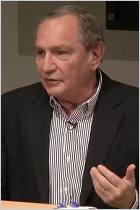
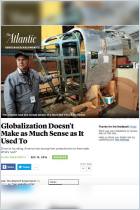
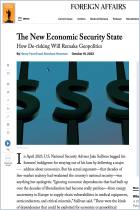
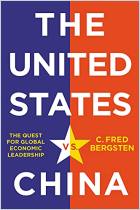
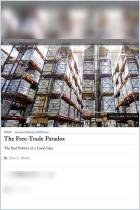
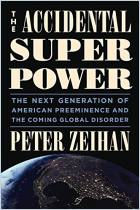




Comment on this summary or 开始讨论